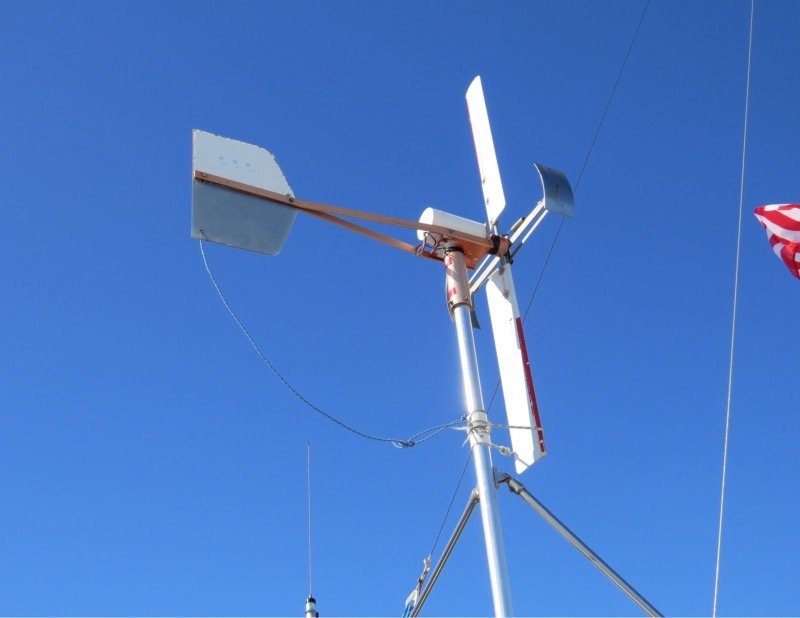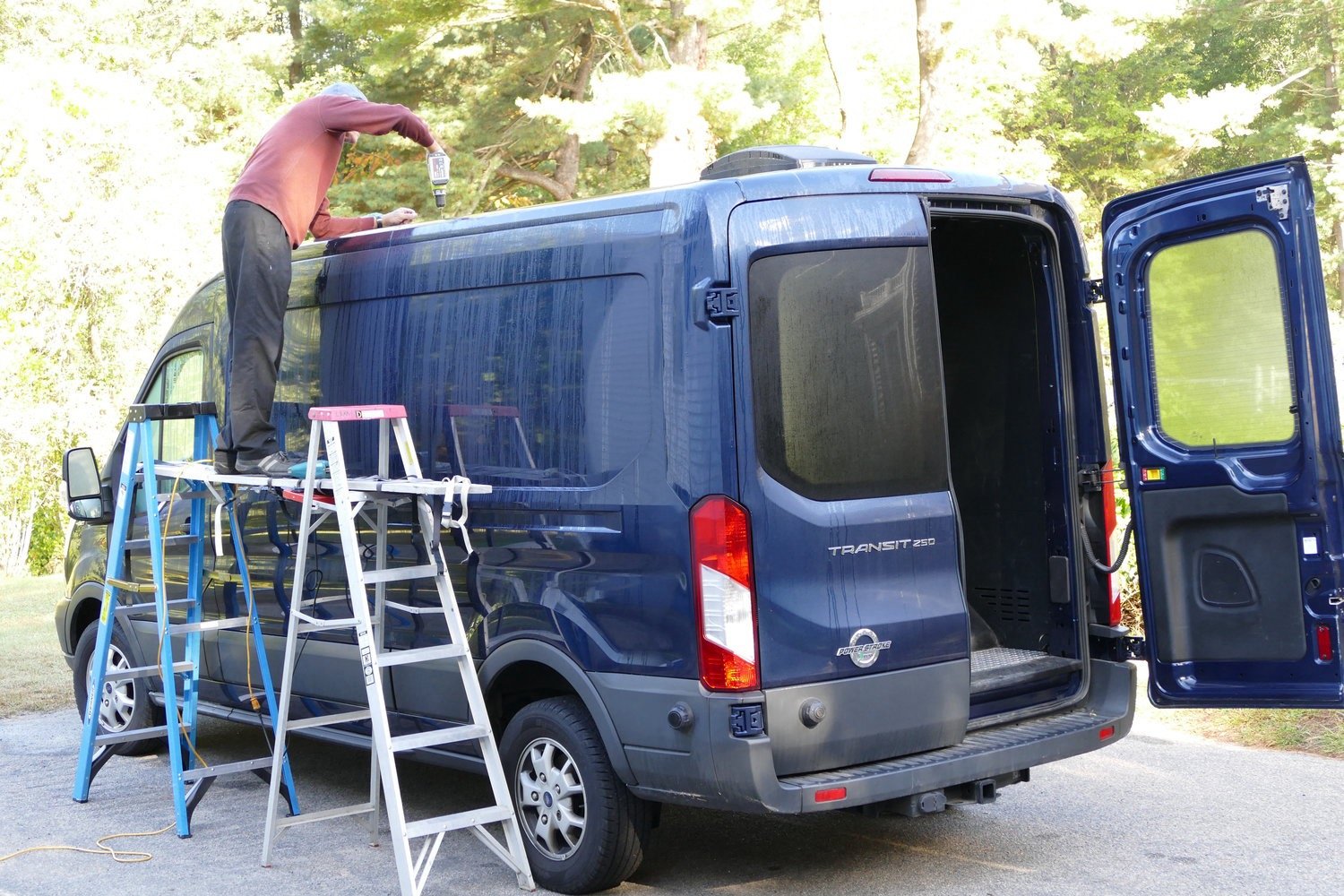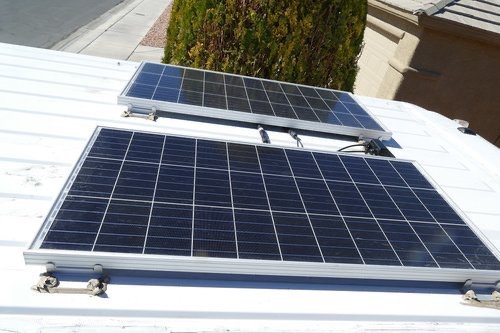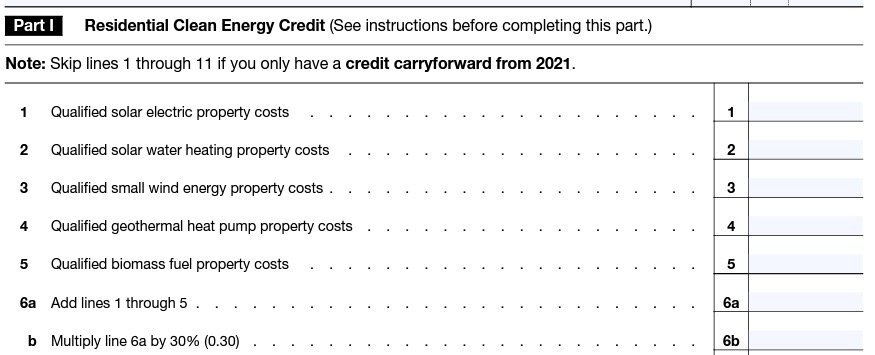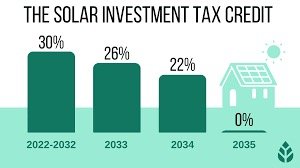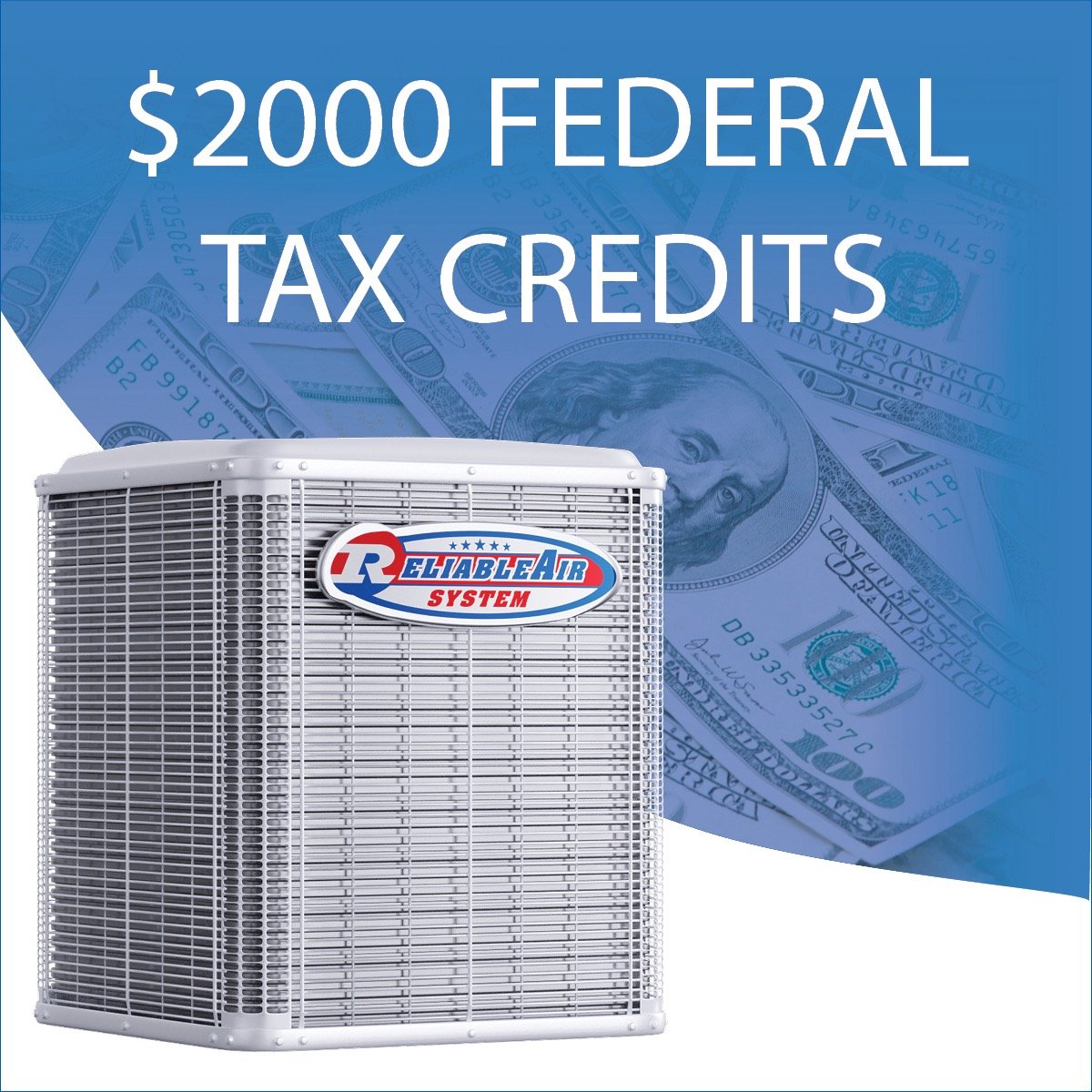Blue View - Converting to Solar
/During the eighteen years we spent aboard our sailboat, Nine of Cups, we lived primarily off-the-grid. Using solar panels, wind turbines and a generator attached to the propeller shaft, we generated most of the power we needed, whether sailing or at anchor. Then, as part of the upliftting process for our two van conversions, we added solar panels and a battery bank to each van so that we could keep our fridge cold, our heater hot, our lights burning and our tablets and phones charged. Now that we live in Las Vegas, with its ~300 days a year of sunshine, we thought it high time to take a look at adding solar to our house.
There are several monetary benefits to converting to solar power. There is the 30% federal tax credit as well as a number of rebates available that make the transition to solar less expensive. The cost of electricity and natural gas here in Nevada is increasing - natural gas prices are the worst, rising 44% from a year ago, and 160% over the past three years. Lastly, our electric utility company, Nevada Energy, buys any excess power generated from a homeowner's solar system, so we can sell the extra energy produced during a sunny day and buy it back at night or anytime the sun isn't shining. Pretty cool!.
The benefits of solar power go beyond just saving money on our energy bills, however. We can reduce or even eliminate our dependence on utility companies. Even more importantly, we can directly lower our greenhouse gas emissions and our reliance on fossil fuels, providing numerous tangible environmental benefits.
Currently, we have a combination of electric and gas appliances - our stove, hot water heater and dryer are all gas, as is our gas-forced air furnace. Our goal is to convert everything to electric. Another goal is to do as much of the project ourselves as we can.
I foresee a lot of research over the next few months:
What are the most energy efficient appliances?
What are the associated costs for switching to electric appliances - adding 220VAC wiring, etc.?
Which appliances are eligible for rebates or tax credits?
How much power will we need to produce to totally offset our energy bill?
What about future upgrades? An EV charger, for example?
Will we need to upgrade our electrical service? Is a 200 amp breaker box adequate?
What will be the total system cost and how much will we save on utilities? How long is the return on investment - 5 years or 50 years?
What can be done as a DIY project and what must be done by contractors?
The list is much longer, but you get the idea. Like most new projects, what I'm discovering is that the more I learn, the more questions come up.
My plan is to use the spring and summer to plan and design the system, apply for all the permits, and get the parts on order. Then, when the Las Vegas temperatures are back into the double digits this fall, I’ll install the system. An ambitious plan, but you gotta start somewhere.
I feel reasonably knowledgeable about small-scale solar systems like those I installed on our boat and vans, but this is a much bigger, much more complicated project, and I'm anticipating a big learning curve.
Come join us as we figure this all out and get it installed. And as we've discovered on many of our previous projects, we have lots of friends out there who probably know far more than we do about what we're getting ourselves into, and as always, we welcome your input and suggestions.


